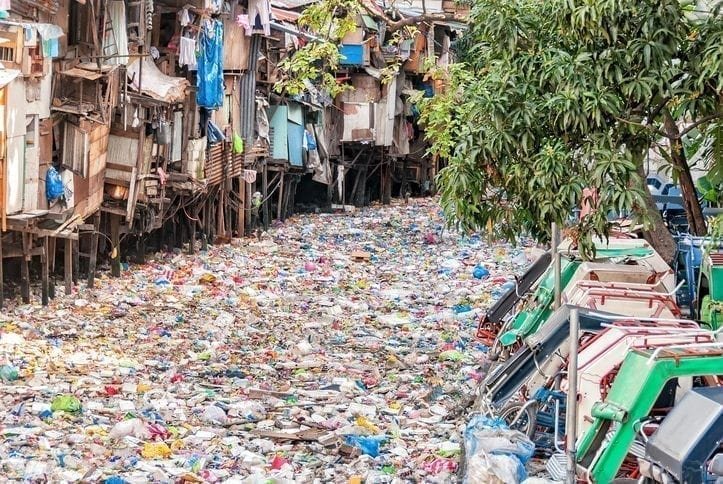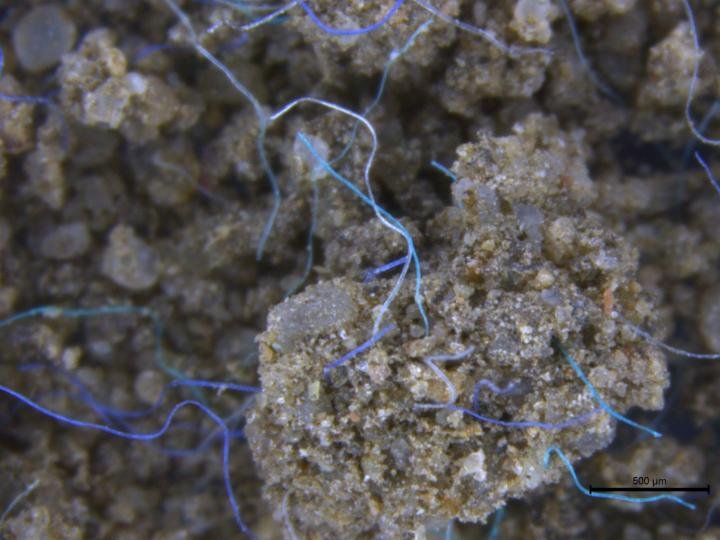It’s now widely accepted that microplastics contaminate our oceans and are harmful to coastal and marine habitats. But what effect do fragments of plastic have in ecosystems on dry land?
This question is the subject of a research initiated by the Leibniz-Institute of Freshwater Ecology and Inland Fisheries (IGB) in partnership with Freie Universität Berlin. It reviews previous individual studies on the topic of microplastics in relation to the effect of microplastics on terrestrial ecosystems.
Ecosystems in ‘serious jeopardy’
Anderson Abel de Souza Machado, IGB researcher and study lead, explained that while little research has been carried out in this area, the results to date ‘are concerning’.
‘Fragments of plastic are present practically all over the world and can trigger many kinds of adverse effect’, he said. ‘The previously observed effects of microplastics and nanoplastics on terrestrial ecosystems around the world indicate that these ecosystems may also be in serious jeopardy.’
Over 400 million tonnes of plastic are produced globally each year, and it’s estimated that one-third of all plastic waste ends up in soils or freshwaters.
Most of this plastic disintegrates into particles smaller than five millimetres, referred to as microplastics, and breaks down further into nanoparticles, which are less than 0.1 micrometre in size.
According to the researchers, terrestrial microplastic pollution is much higher than marine microplastic pollution – an estimated four to 23 times more, depending on the environment.
Sewage, for example, is an important factor in the distribution of microplastics. 80-90% of the particles contained in sewage, such as from clothes fibres, persist in the sludge. Sewage sludge is then often applied to fields as fertiliser, meaning that several thousand tonnes of microplastics end up in our soils each year.
Potentially toxic effects
Some microplastics have properties that could cause direct damage to ecosystems. For instance, the surfaces of tiny fragments of plastic may carry disease-causing organisms and act as a vector that transmits diseases in the environment.
Microplastics can also interact with soil fauna, affecting their health and soil functions. Earthworms, for example, make their burrows differently when microplastics are present in the soil, affecting the earthworm’s fitness and the soil condition.
Generally speaking, when plastic particles break down they gain new physical and chemical properties, increasing the risk that they will have a toxic effect on organisms.
And the more likely it is that toxic effects will occur, the larger the number of potentially affected species and ecological functions.
 Play Video about This Rock Might Just Save The World
Play Video about This Rock Might Just Save The World Play Video about Play 2 hours of rock
Play Video about Play 2 hours of rock Play Video about Play 2 hours of brook
Play Video about Play 2 hours of brook Play Video about Play 2 hours of sheep
Play Video about Play 2 hours of sheep












































